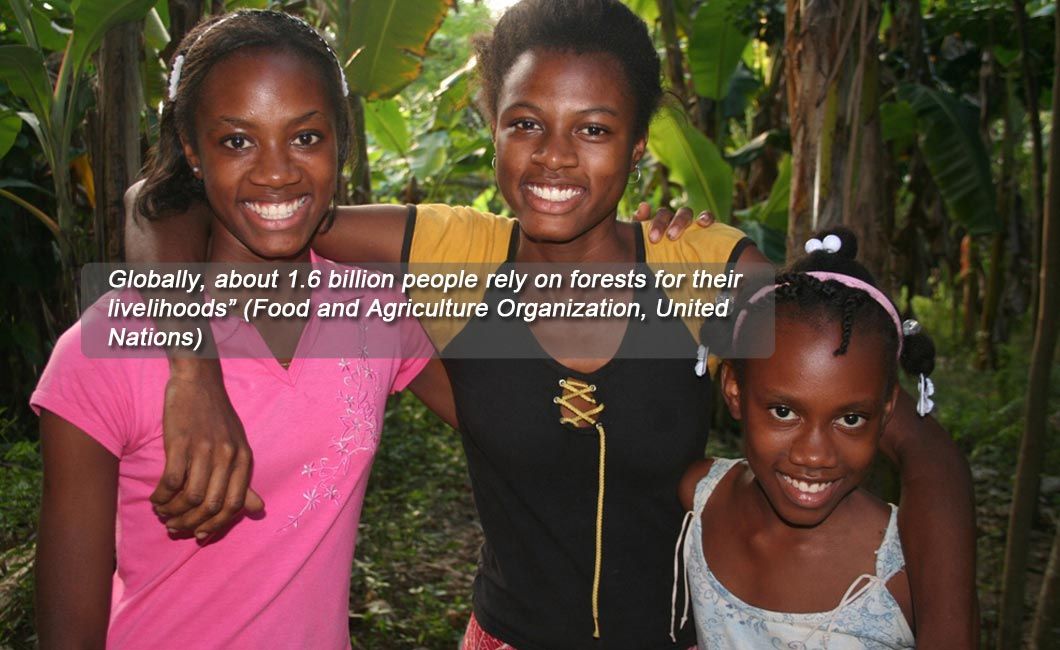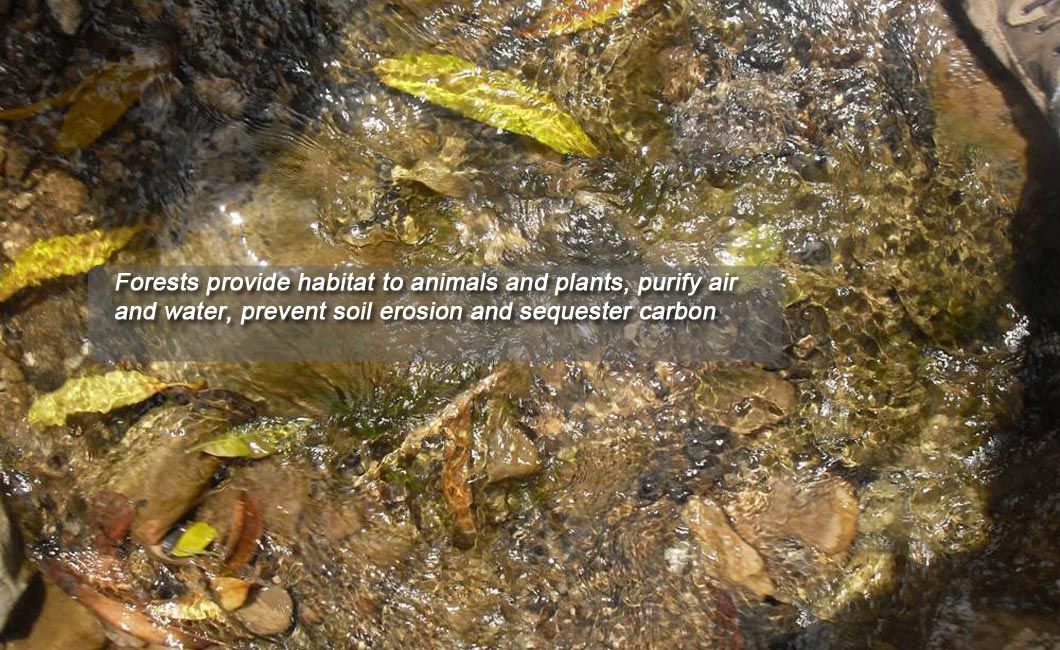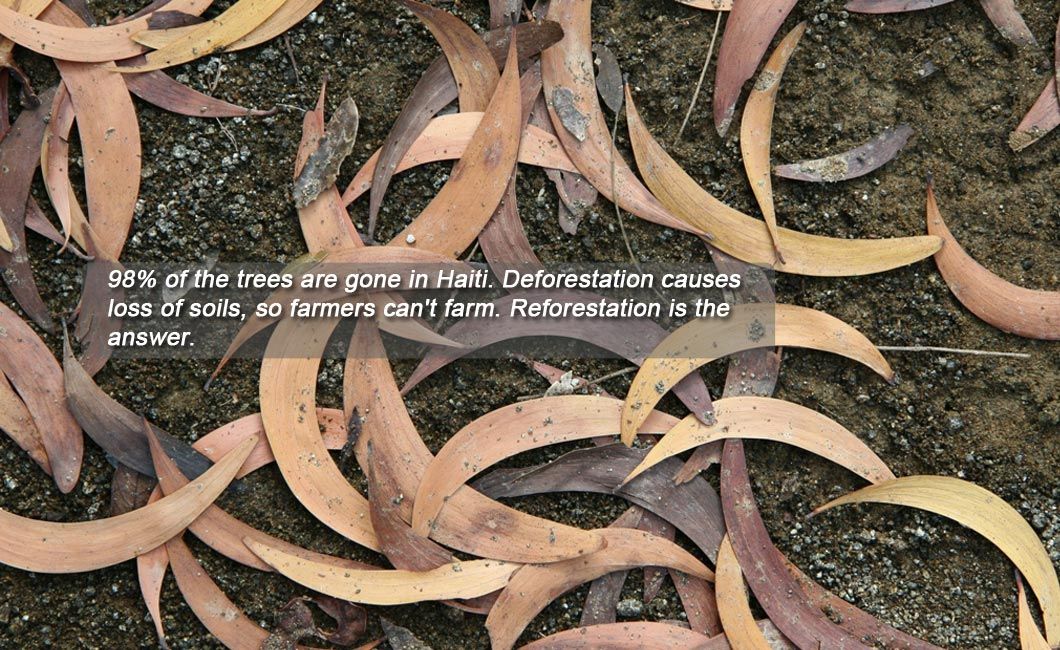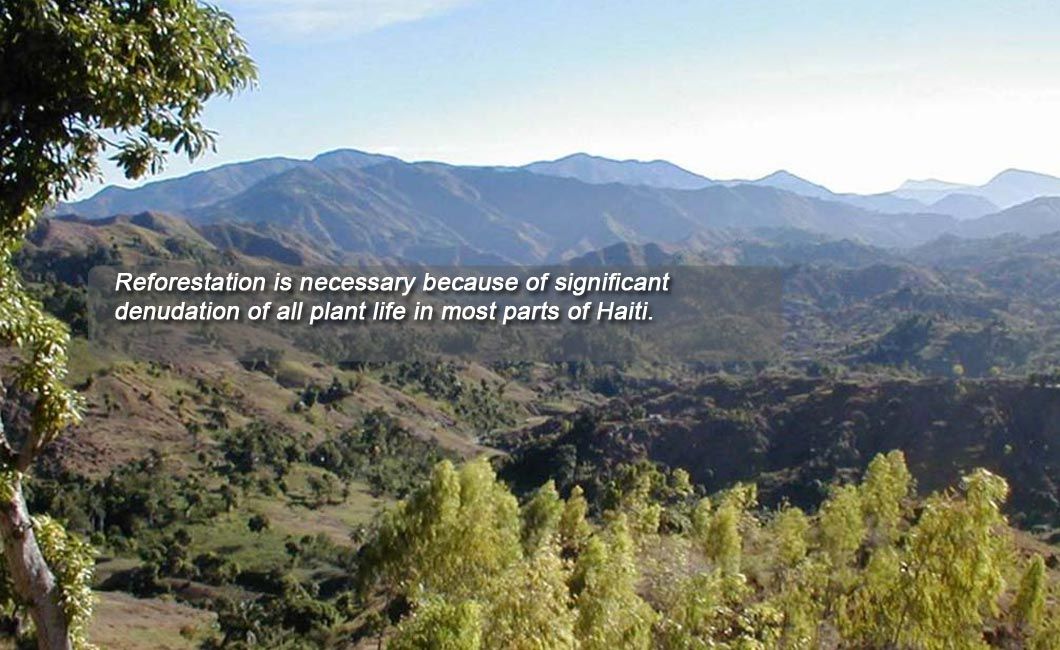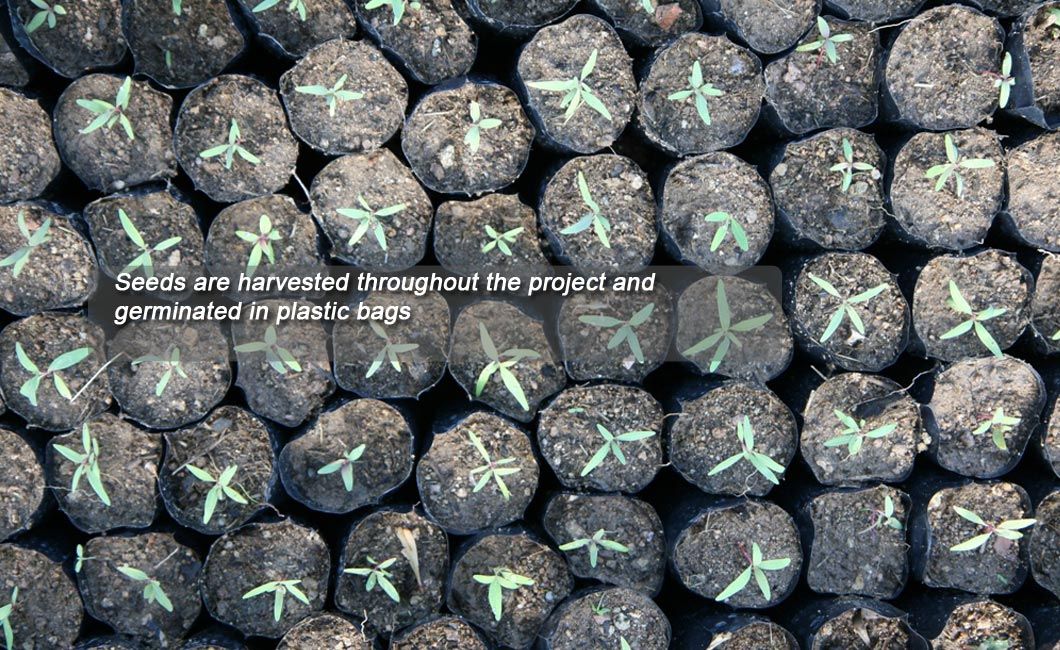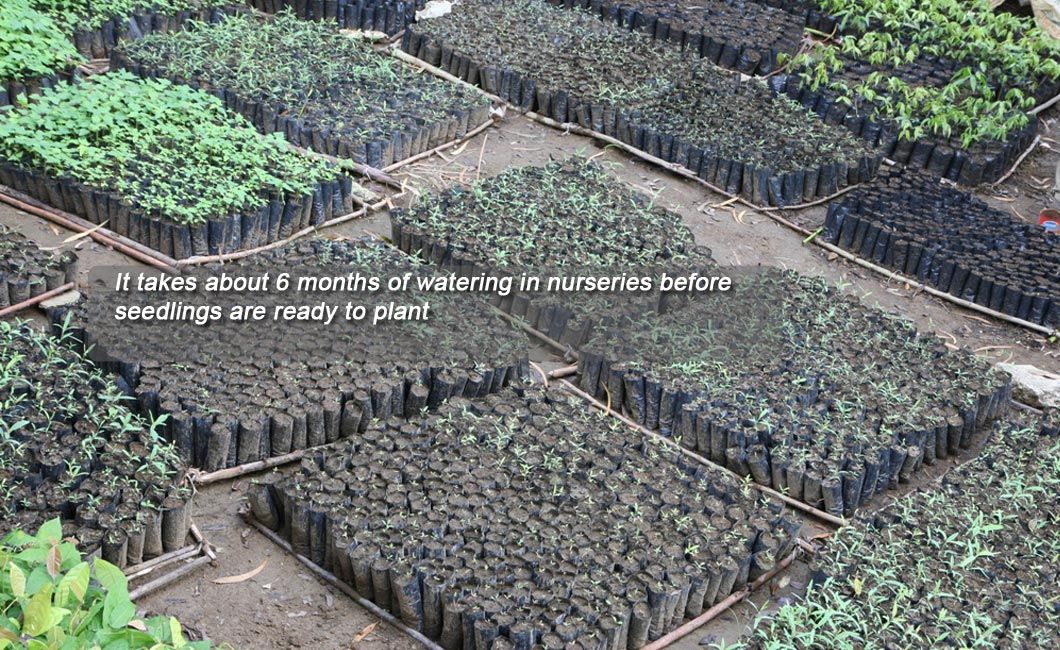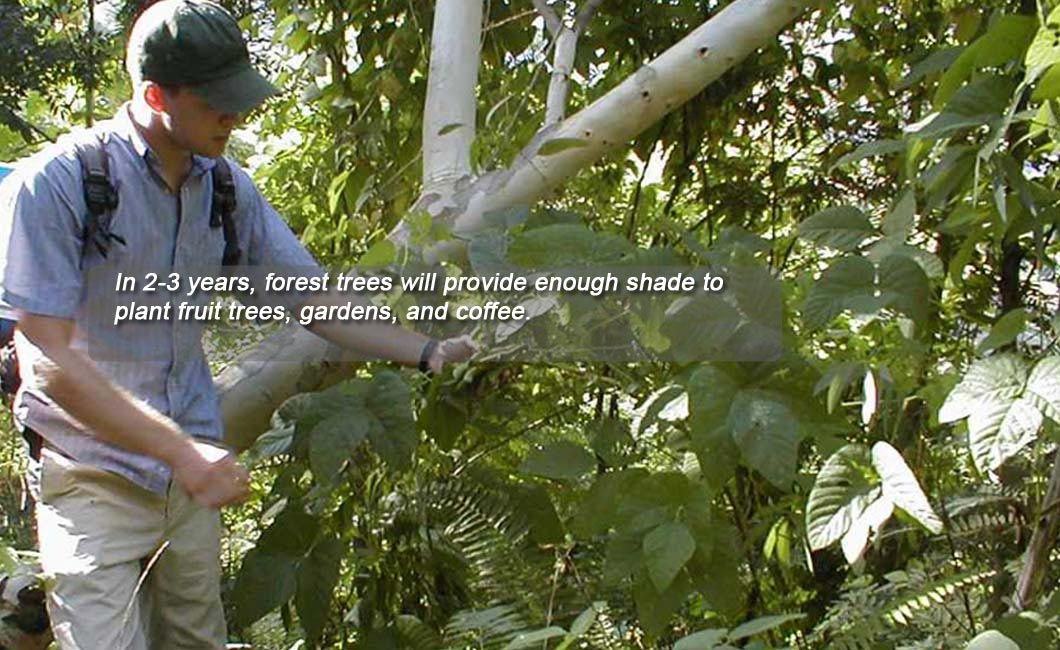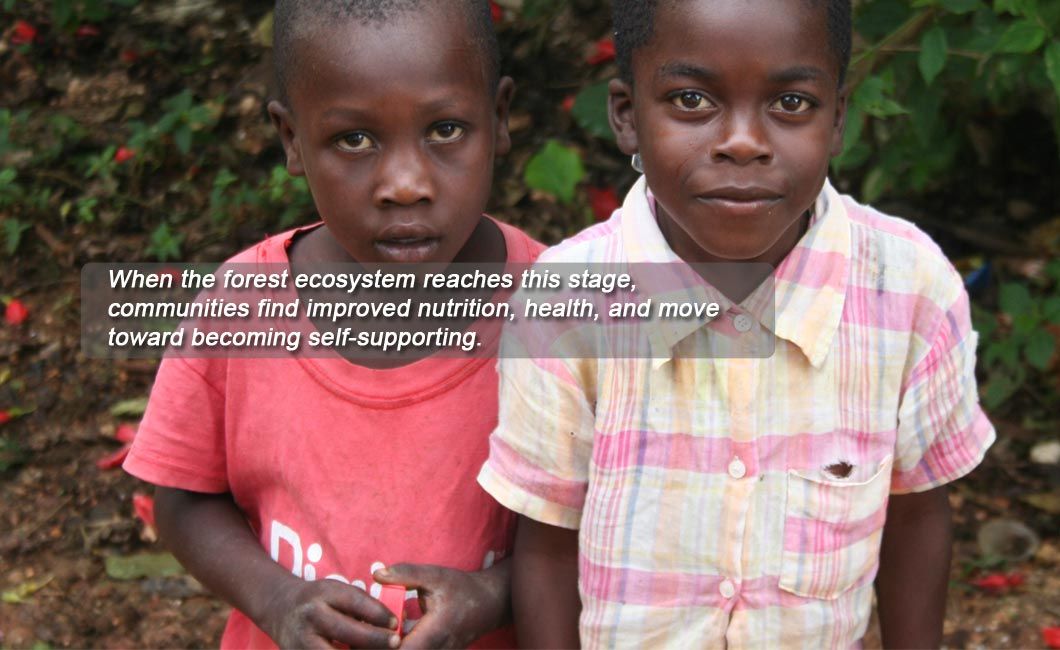New Developments in CODEP
Vision and Plan for the present through end of 2014
Current Situation
For the past five years, CODEP has demonstrated significant potential for the future. The current Haitian management team has made extraordinary progress in self-management and currently makes its own decisions concerning personnel, performance, production and annual plans. But the real future of the project is in its ability to grow geographically. To do this we are currently increasing self-sustainability. Last year, CODEP, for the first time, earned 10% of its revenue from within Haiti. Many of our 30 groups have been in CODEP for more than 10 years. We have been very open and transparent about the need to move toward less regular support and the challenge of raising funds in today’s economic environment. We are implementing a plan where work groups are put on declining support levels. At the same time, we have at least 10 communities who wish to join CODEP. We have the chance to bring them in under different guidelines, meaning a clear path toward eliminating support coming from Haiti Fund within a specific time period.
Issues/Opportunities
There are risks to withdrawal of support—notably our main asset is approximately 12,000,000 trees in the ground at various stages of maturity. For twenty years, we have worked hard to encourage the members of CODEP to value these assets and only cut what is mature and needed. We must now ensure that as our financial support is reduced, the members continue this philosophy and not return to old habits of cutting indiscriminately. Therefore, limited support will still be needed to provide incentive to continue with the newly learned and accepted “land management” philosophy.
Continuation of funding from the US therefore becomes critical—because once a new zone is started, the ground rules need to remain the same until the end period. (Note that, although gardens can be planted in about three years, it takes five years from initial ditch digging to harvesting fruit from fruit trees). Therefore, there are several initiatives which will be put in place through the end of 2014 aimed at improving the chances for long term change in the area in Haiti where CODEP is working. These are shown below.
Programs for mitigating issues/taking advantage of opportunities
Develop and implement reductions in payments for reforestation in the following manner:
- We reduced work effort stipend from two days to one beginning October 1, 2012. We will continually monitor the effectiveness of all actions.
- As the stipend is reduced, the plan is to provide special incentives so that each community has people who have increased financial discretion, while the costs of supporting regular stipends is reduced.
- We are developing and implementing plans for community independence – including training (by animators) for marketing, small business development, and entrepreneurship. Also, we are working on assisting CODEP communities learn how to build community support for entrepreneurial activies so there will be trust in fair distribution of community profits for sale of products.
- This moves them to the next step, which would be no stipend support at all, since they would be moving toward more and more independence.
- This includes training in marketing, small business development, and entrepreneurship; and. also includes assistance in learning skills in community support from within and trust in fair distribution of community profits for sale of products.
Gradual movement into CODEP II (new geography and efforts to build new areas of reforestation)
CODEP II is being set up as the successor organization just as if it were to be started in a location remote from the current project. However, because of the significantly long time to understand the basic principles and train the people, plus the need to gain trust among new populations for non-local leaders, we decided that the best method is to expand in place to contiguous areas. Accordingly, the plans for CODEP II are these:
- Build on existing skills by opening a secondary school and use the same facility for a professional school.
- Implement a professional school to teach basics of agriculture, planning, computer use, and bookkeeping. This will be for adults, who can sharpen skills and be ready and able for more advanced programs.
- Teach business entrepreneurship in Kreyòl as a first course in the continued development of the second level eadership team, similar to the leadership team of 12 animators that currently exists in CODEP.
- Other courses will be taught in English, as well as Kreyòl so that language skills can be learned in both.
Gradual increase in CODEP and HFI scope
- Continue to explore changes in the funding model so that social entrepreneurial capital development can occur. It is felt that the strong development strain of CODEP is commensurate with the core values of many of these entrepreneurs and their firms. In addition, they can play a role in carrying out the following plans:
- Use trained Haitian animators to visit the US on a regular basis to talk to groups about CODEP and its successes and failures. Use their energy, demonstrated Christian faith, and guileless attitudes to enthuse existing and potential donors.
- Capitalize on visits to CODEP, participation by donors in Haiti, and other functions hosted by Haiti Fund to enthuse and augment existing funding – so that the goal of $6,000,000 in revenue over 5 years can be realized. (This represents a doubling of current funding, almost all of which will be utilized in CODEP II).
- Provide plans for the next expansion of the project (CODEP III?) during succeeding periods – while following withdrawal plans for eliminating outside funding of maturing portions of the project.
